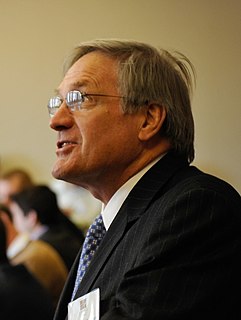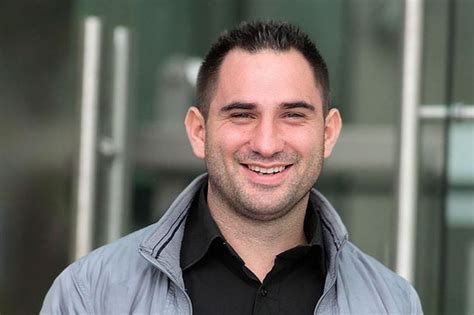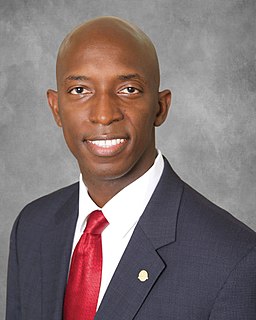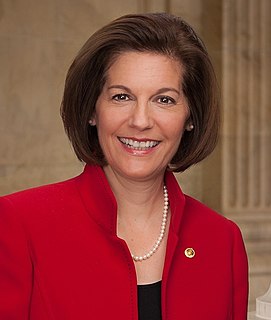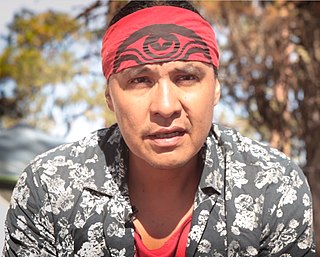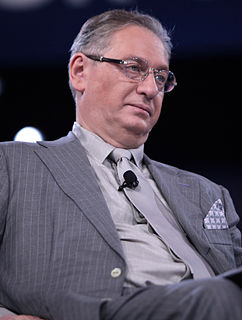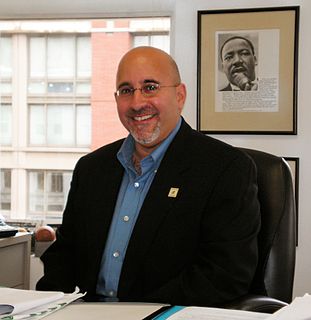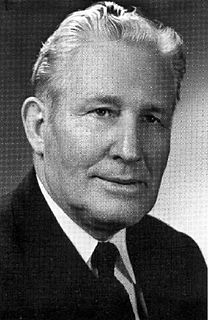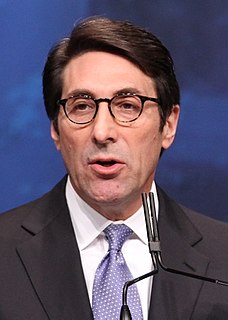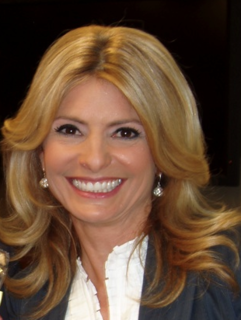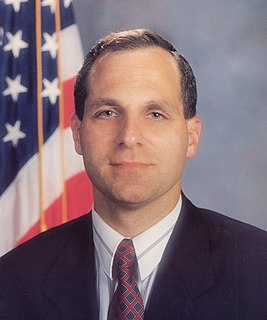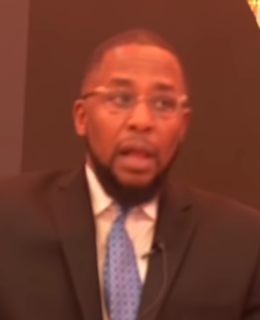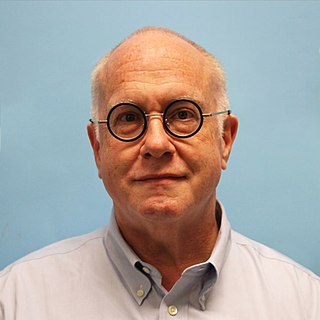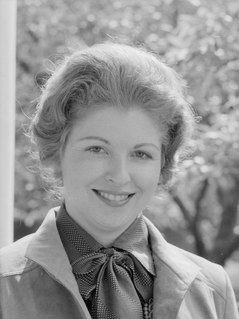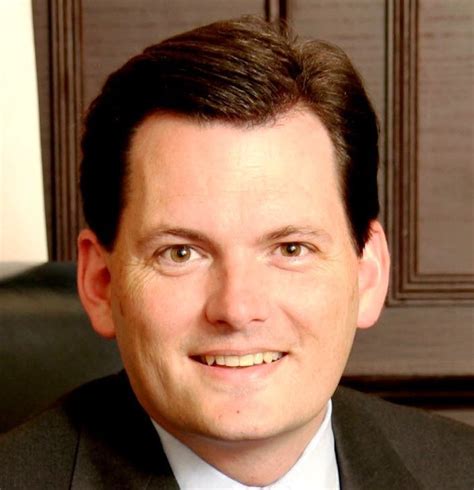A Quote by Scott Harshbarger
One of the most sensitive expressions of hope, capacity for change and potential vehicles for institutional health that I have read in my career in criminal justice.
Related Quotes
I have made a career out of arguing that we shouldn't be criminalizing political differences. I've made a career out of arguing that the grand jury is an abusive institution. I have made a career out of arguing that we shouldn't stretch and expand the criminal law. I'm not going to change it because you think these are abnormal times. When Thomas Jefferson told the Justice Department that they had to prosecute Aaron Burr, and that he was going to have the chief justice impeached unless he found Aaron Burr guilty, those were special times too.
I feel to invite women everywhere to rise to the great potential within you. I do not ask that you reach beyond your capacity. I hope you will not nag yourselves with thoughts of failure. I hope you will not try to set goals far beyond your capacity to achieve. I hope you will simply do what you can do in the best way you know.
I feel to invite women everywhere to rise to the great potential within you. I do not ask that you reach beyond your capacity. I hope you will not nag yourselves with thoughts of failure. I hope you will not try to set goals far beyond your capacity to achieve. I hope you will simply do what you can do in the best way you know. If you do so, you will witness miracles come to pass.
In existing criminology there are concepts: a criminal man, a criminal profession, a criminal society, a criminal sect, and a criminal tribe, but there is no concept of a criminal state, or a criminal government, or criminal legislation. Consequently what is often regarded as "political" activity is in fact a criminal activity.
